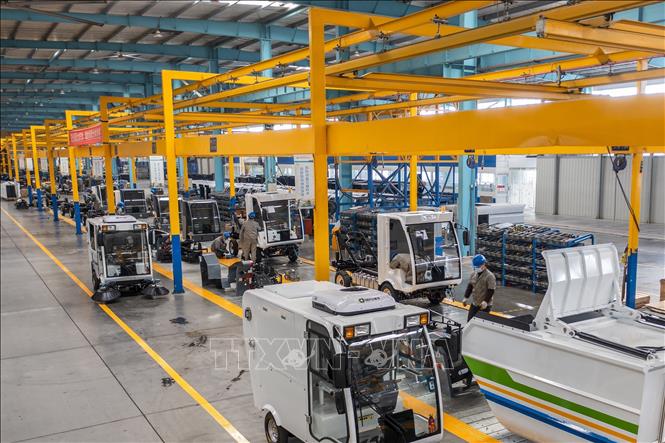
1. China's industrial profits unexpectedly fell in October 2025: China's industrial profits fell 5.5% in October 2025 from a year earlier, marking the first decline in three months, the National Bureau of Statistics (NBS) said on November 27. The figure was in stark contrast to the more than 20% growth in the previous two months and much lower than the 2.8% increase forecast by Bloomberg economists . The unexpected decline is the latest evidence that the growth momentum of the world's second-largest economy is showing signs of "cooling".
2. American farmers could get financial help in the coming weeks: American farmers could soon get financial help to help them weather the storm of rising input costs and plummeting commodity prices. In a recent speech, Agriculture Secretary Brooke Rollins said a farmer aid package could be announced in the next week or two, and that it would be “absolutely possible” to fund it with tariff revenue, but did not provide specifics.
3. Be Book Report - US economy faces "headwinds": The Fed released its Be Book report showing that US economic activity has been little changed in recent weeks. However, a weak labor market and falling consumer spending are posing challenges for policy. Reports from 12 regional banks noted that the economy was largely stable, with only one region showing modest growth, while two regions showed slight declines.
4. China could lose its position as the world’s largest LNG importer: Weak industrial demand and high global LNG prices mean China’s liquefied natural gas imports are expected to fall 15% to 65 million tonnes in 2025, according to BloombergNEF. This means China risks losing its position as the world’s largest LNG importer to Japan.
5. The power grid - the key to unlocking green energy for ASEAN: Southeast Asia's energy demand is doubling the global average and is expected to double again by 2050, while renewable potential of up to 20 terawatts remains largely untapped. The ASEAN Power Grid (APG) initiative, with $12.5 billion in support from the ADB and the World Bank, could increase interconnected capacity from 7.2 GW to 33.5 GW in 15 years, although the cost is expected to exceed $750 billion.
6. Semiconductor growth momentum may last until end-2026: The Bank of Korea (BoK) believes that the global semiconductor boom, driven by demand for artificial intelligence (AI), may last until the end of 2026. BoK leader Lee Ji Ho said that the growth cycle usually only lasts about 2 years, but this time it may be extended by the strong impact of AI, although it is difficult to predict until 2027.
7. Bitcoin re-establishes $90,000, no real recovery yet: Bitcoin surpassed $90,000 in the session on November 26, after reaching $81,000 last week, but is still down about 28% from its peak of $126,000 in October. 10X Research strategists warn that the market depends heavily on the direction of Fed policy, the correlation with TGA spending is only theoretical, and predict that bitcoin could move sideways until the end of January 2026.
8. UK electric car sales could fall sharply due to mileage tax: Official forecasts suggest that UK electric car sales could fall significantly when the Government introduces mileage tax from 2028. Under the new Budget, electric car owners will have to pay 3p per mile to make up for lost fuel duty revenue. The fee, which will be subject to further consultation, is equivalent to around half the fuel duty that petrol car drivers currently pay.
9. UK faces severe gas shortages from early 2030s: The UK National Energy System Operator (NESO) has warned that the country is at risk of severe gas shortages in just 5–6 years if the energy transition slows or a major gas infrastructure fails. While supplies are adequate under normal weather conditions, NESO said extreme weather scenarios could expose the risk of gas shortages from 2030–2031.
10. EU pledges flexibility in auto policy: EU Industry Commissioner Stephane Sejourne said the bloc is ready to be flexible in its support for the auto industry, raising hopes of a possible adjustment to the ban on sales of internal combustion engine vehicles in 2035. Speaking in Stuttgart, he stressed that the EU will activate all tools to support the industry, while reducing the burden of procedures and improving competitiveness.
Source: https://baotintuc.vn/kinh-te/diem-tin-kinh-te-the-gioi-noi-bat-ngay-27112025-20251127204449565.htm








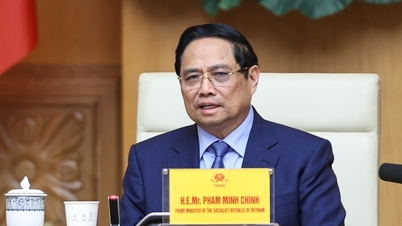

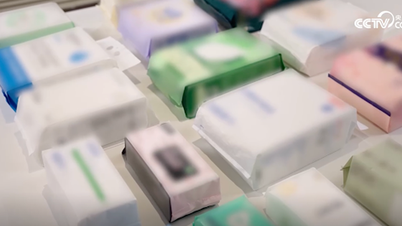

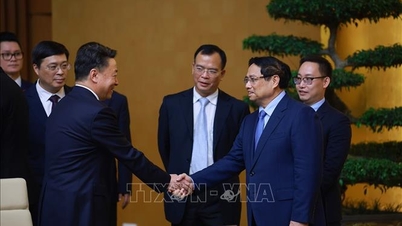
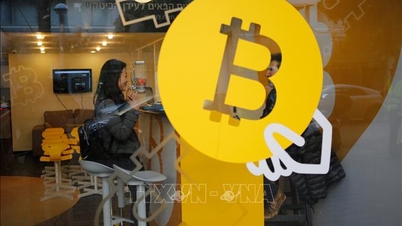



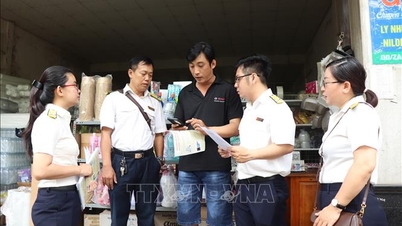
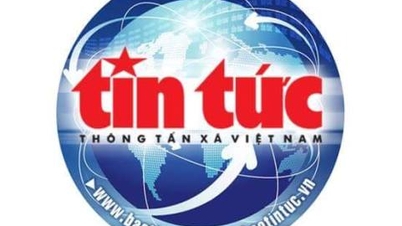

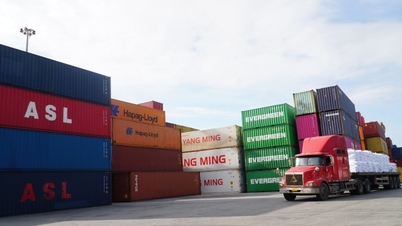


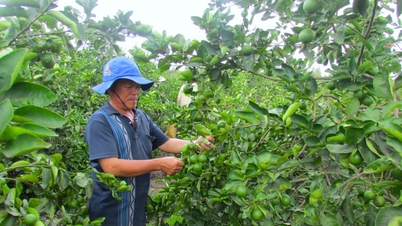






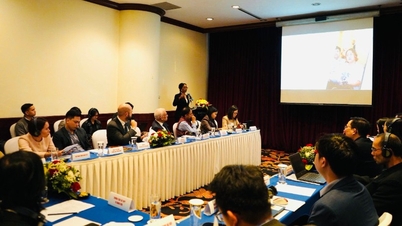


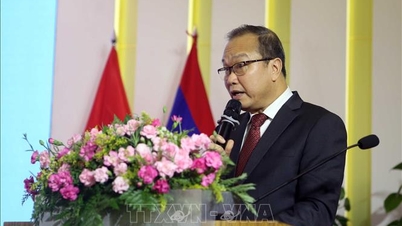
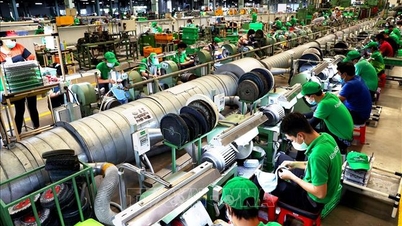


















































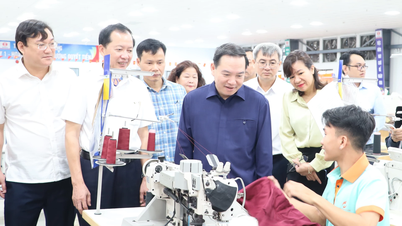





















Comment (0)